A glycol chiller relies on antifreeze glycol to create extremely low temperatures far below water’s freezing point. Glycol is an organic compound that is part of the alcohol family; it is known to have a sweet taste, but it is toxic. It is generally mixed with a fluorescent dye and is clear and oily. Glycol is a consistent, reliable, and stable solution capable of accurately maintaining low temperatures without freezing. Read More…
Our customers know they can trust us for the ultimate in quality, affordability, and flexibility. If you want a fully customized solution for your chillers, we can help! We work hard to create the best solution for each of our customers, because we know that if you are not happy, we are not happy! You can learn more about our services by visiting our website or giving us a call today!
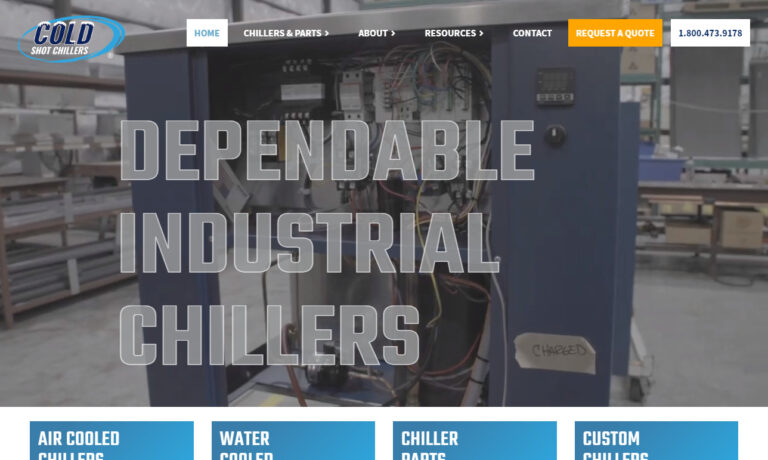
Dimplex Thermal Solutions, based in Kalamazoo, Mich., and home of Koolant Koolers, has been manufacturing water, air, and glycol chillers since 1952. Since that time Dimplex has expanded it’s product offering to include industrial cooling for: Machine Tooling, Food Processing and Packaging, Medical Diagnostic Imaging, Laser Cutting, Manufacturing Processes and more. Dimplex is known for their...
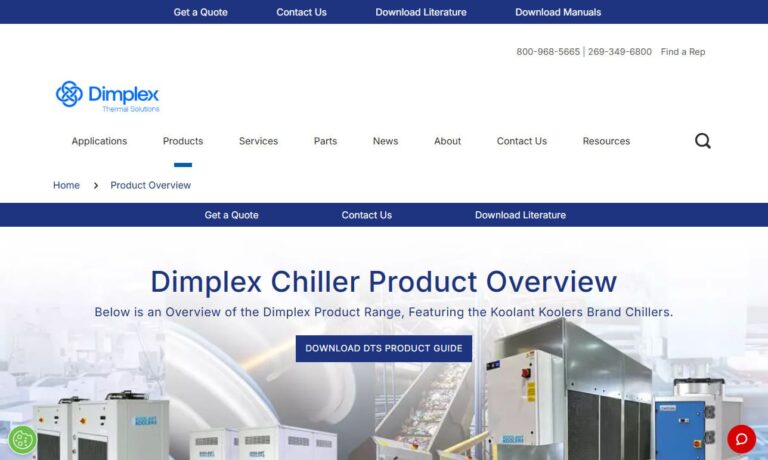
At Tark Thermal Solutions, we position ourselves as a dedicated partner in advanced cooling technology, delivering liquid chillers that support precise temperature control across demanding applications. We design and build our systems with a focus on reliability, thermal stability, and energy efficiency, tailoring each unit so it performs consistently in environments where process accuracy...
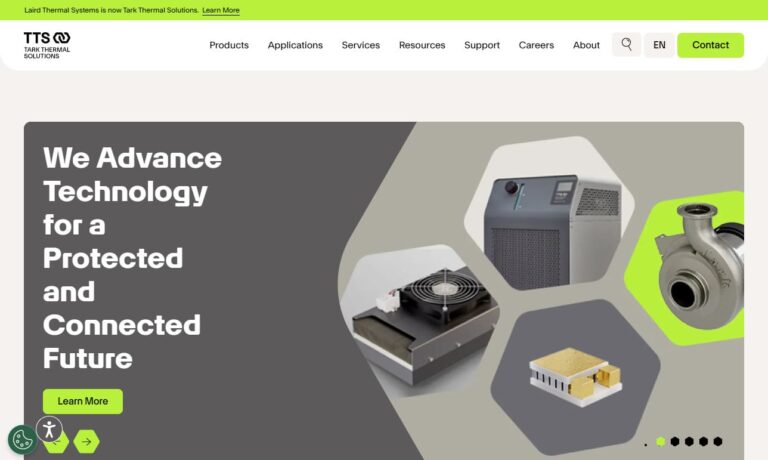
We are ChillX Chillers, and we take pride in engineering and manufacturing reliable, high-performance chillers designed to meet the cooling needs of businesses across a wide range of industries. Our focus has always been on combining innovation, energy efficiency, and durability, which is why our chillers are trusted for everything from process cooling and manufacturing applications to...
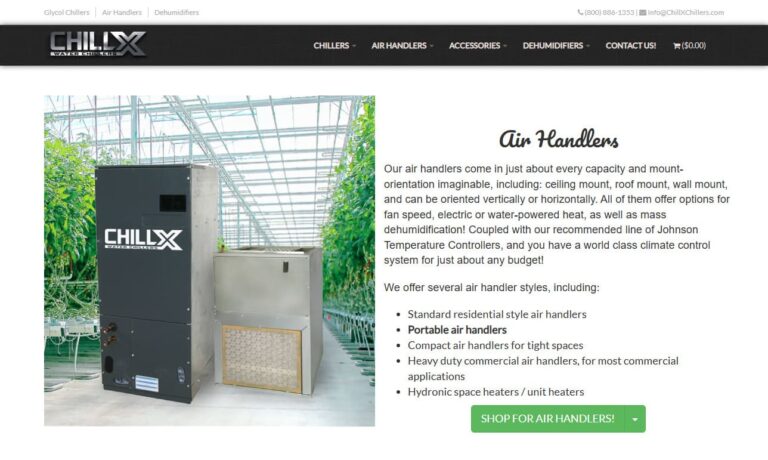
More Glycol Chiller Manufacturers
In chillers, glycol mixed with water can lower the freezing point of water to negative 60 degrees Fahrenheit (-51 °C), making it usable in large, complex systems such as ice rinks. The use of glycol guarantees that the cooled areas will remain frigid.

Types of Glycol
The term glycol refers to a number of chemical formulas. Understanding the various types is essential to selecting the correct formula required by an individual glycol chiller. The wide range of glycols includes ones that are extremely toxic and ones that are less toxic and much safer. The two basic types of glycol are ethylene glycol and propylene glycol.
Ethylene Glycol
The molecular formula for ethylene glycol is HOCH2CH2OH and is known as 1,2 ethanediol. It is colorless, sweet, oily, and has a mild odor. Ethylene glycol is made from ethylene oxide and is predominantly used as antifreeze for automobile cooling systems. Ethylene glycol and its many derivatives are toxic and should be handled with great care. The percentage of ethylene glycol used in industrial applications is determined by the ambient outdoor temperature and the required temperature of the application loop. It is not used for food processing due to its high toxicity.

Propylene Glycol
Propylene glycol, also known as 1,2 propanediol, has the same physical properties as ethylene glycol but is non-toxic, biodegradable, safe for human contact, and used for food production, cosmetic manufacturing, and oral hygiene products. It is produced in large quantities from propylene oxide. In the food industry, propylene glycol is used in freezers and chillers with the potential for human contact. Although it is a synthetic chemical, it can easily be absorbed in water and has the Food and Drug Administration's (FDA) approval. Propylene glycol is used for moisture control in medicines and cosmetics.
Glycol Chiller Design
In a glycol chiller system, glycol is mixed with water in varying percentages depending on the system's design. Essentially, glycol enhances the ability of water to perform as a cooling agent. Due to the potentially hazardous nature of glycol, all glycol systems are closed-looped, so the glycol is not exposed to the environment and is contained in a sealed set of tubes.
Closed Loop Glycol Chiller Design
Closed looped glycol chiller systems constantly circulate the coolant through a set of tubes. The design prevents the glycol from being contaminated, keeps it clean, and does not involve scaling or fouling. In a closed loop glycol chiller system, the water in the system is also sealed into the system, eliminating the possibility of water loss from evaporation.
A closed-looped glycol chiller system is economically sound and environmentally friendly. The system uses less pumping power to move the coolant through the system. In addition, the water in the system is constantly reused and cycled, which reduces the amount of water necessary for system operation.

Heat Exchanger
The heat exchanger of a glycol chiller system is connected to the inlet and outlet legs of the cooling line. Various heat exchangers are used with glycol chillers and include jackets on a tank, plate exchangers, shell and tube exchangers, and cooling snakes. The heat exchanger (evaporator) transfers heat between the glycol water coolant and the glycol refrigerant. In a glycol chiller system, the heat exchanger is referred to as an evaporator. The type of evaporator used in the system depends on the needs of the system where it is used.
Chiller Pump
Glycol has very low viscosity, necessitating using powerful pumps to operate the chiller system. A water glycol system pump has a motor to circulate the glycol to maintain consistently cool temperatures. The pump is an essential element of the system and ensures that the system operates at optimum efficiency.
Compressor
Compressors are a necessary part of all chiller systems. They are designed to take low pressure and temperature glycol refrigerant and compress it sufficiently to increase its pressure and temperature. The different types of compressors for a glycol chiller system include positive displacement, screw, diaphragm, rotary, and centrifugal.

Condenser
The condenser collects the unwanted heat from the compressor, where the refrigerant has been packed tightly under high pressure. In the condenser, the heat is picked up from the glycol refrigerant and released through the cooling tower of a water cooled system or blown away by fans in an air cooled system.
Ratio of Water to Glycol
An important aspect of the operation of a glycol chiller system is the ratio of water to glycol. Of the many factors to consider, the first two include the location of the chiller and the ambient temperature. For indoor systems, there is little need to protect against system freezing, and the ratio of water to glycol will be very low. For outdoor use of a glycol chiller, the ratio of water to glycol is much higher.
In such a system, the temperature in the evaporator should be 10° below the setpoint temperature of the glycol chiller. The calculation of the ratio of water to glycol depends on the coldest temperature the system will reach during operation. The chart below is an approximation of water to glycol for different environments.

Choosing the Right Glycol Chiller Supplier
To ensure the most positive outcome when purchasing a glycol chiller from a glycol chiller supplier, it is important to compare several companies using our glycol chiller directory of glycol chiller suppliers. Each supplier has a business profile page that highlights their areas of experience and capabilities, along with a contact form to directly communicate with the company for more information or to request a quote. Review each glycol chiller company website using our proprietary website previewer to get an idea of what each company specializes in. Then, use our simple RFQ form to contact multiple glycol chiller companies with the same form.


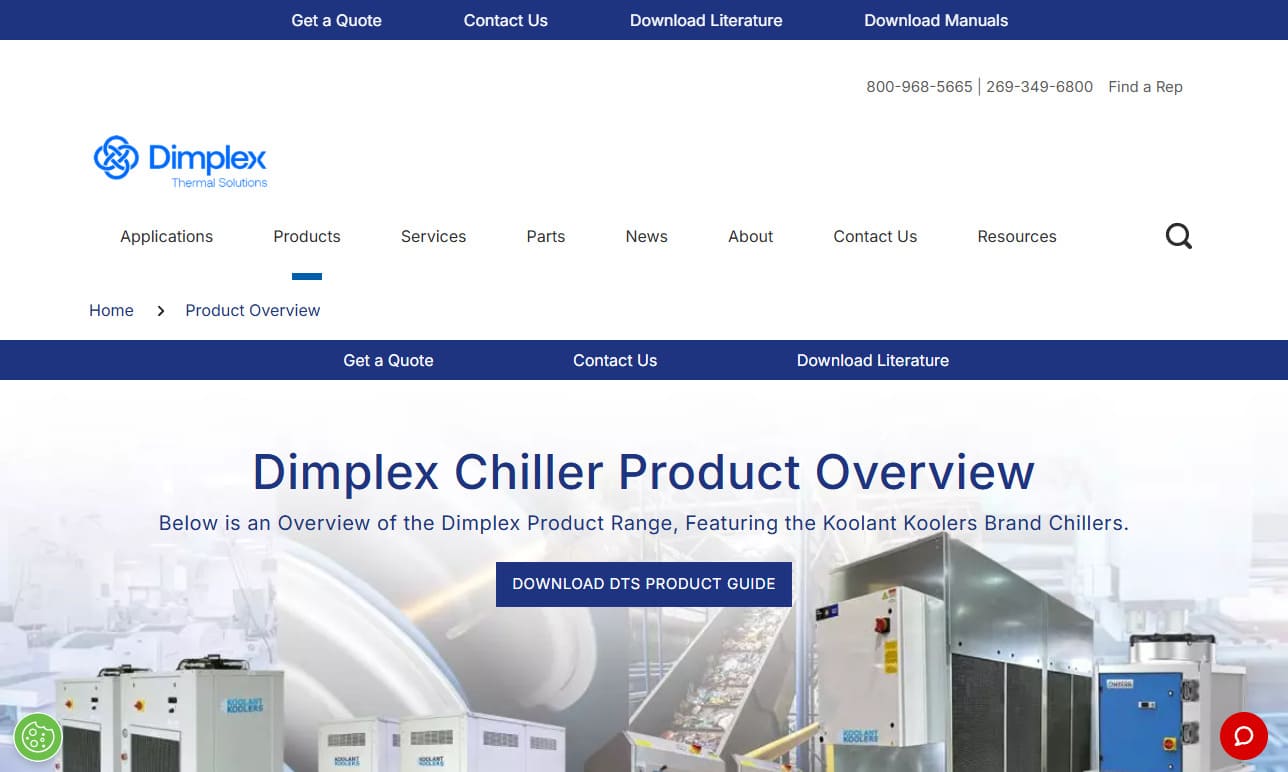
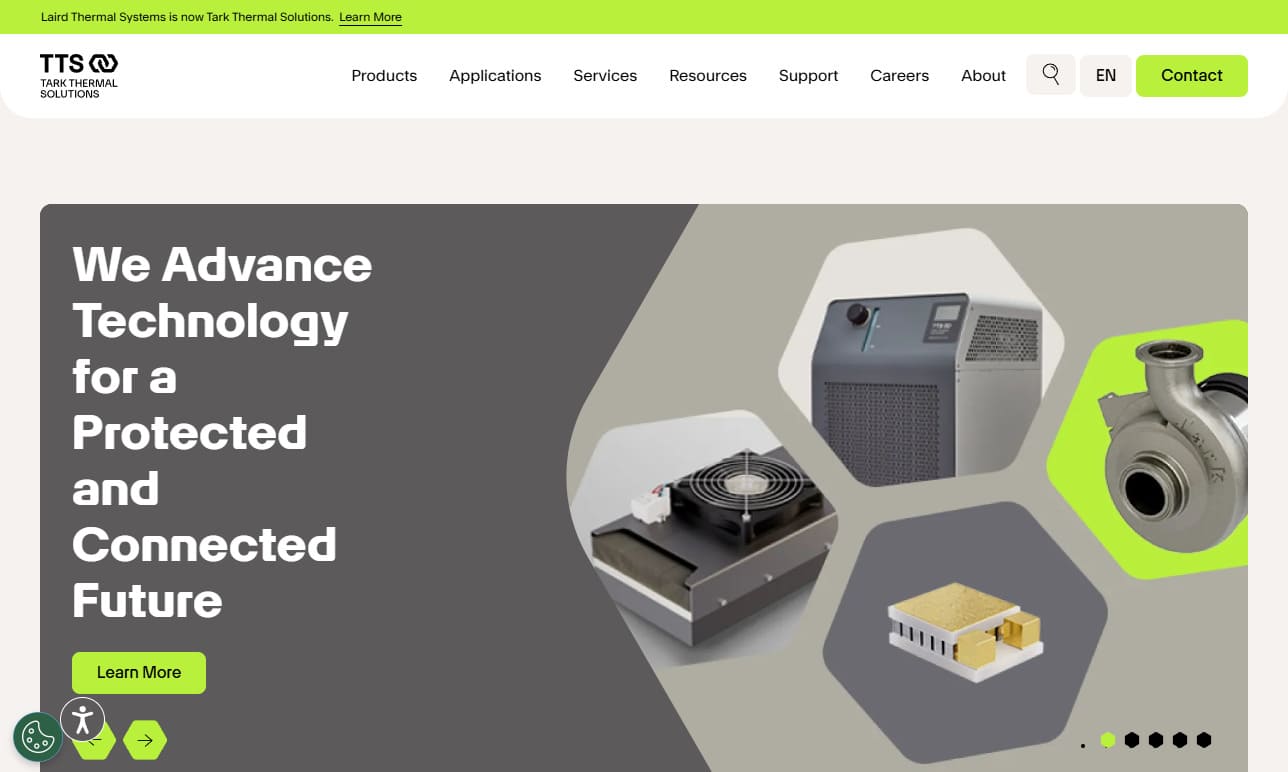
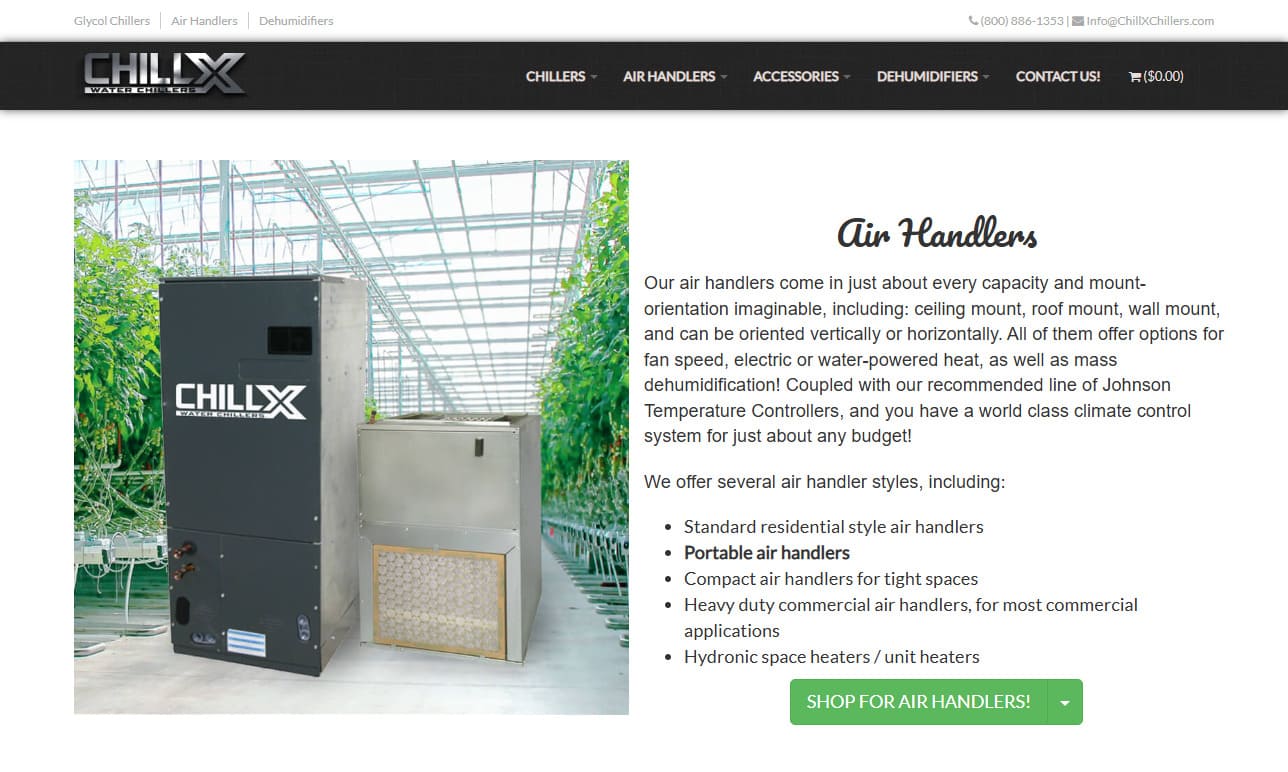
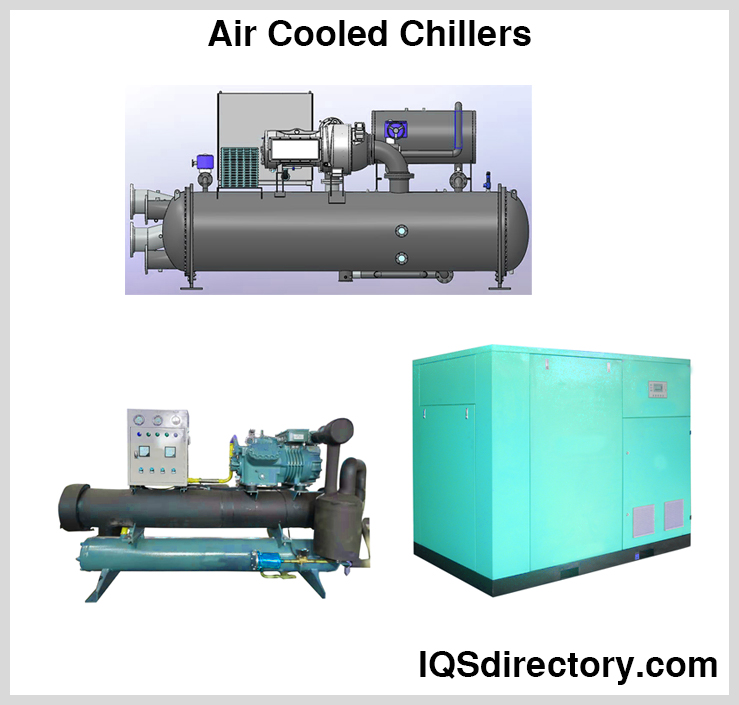
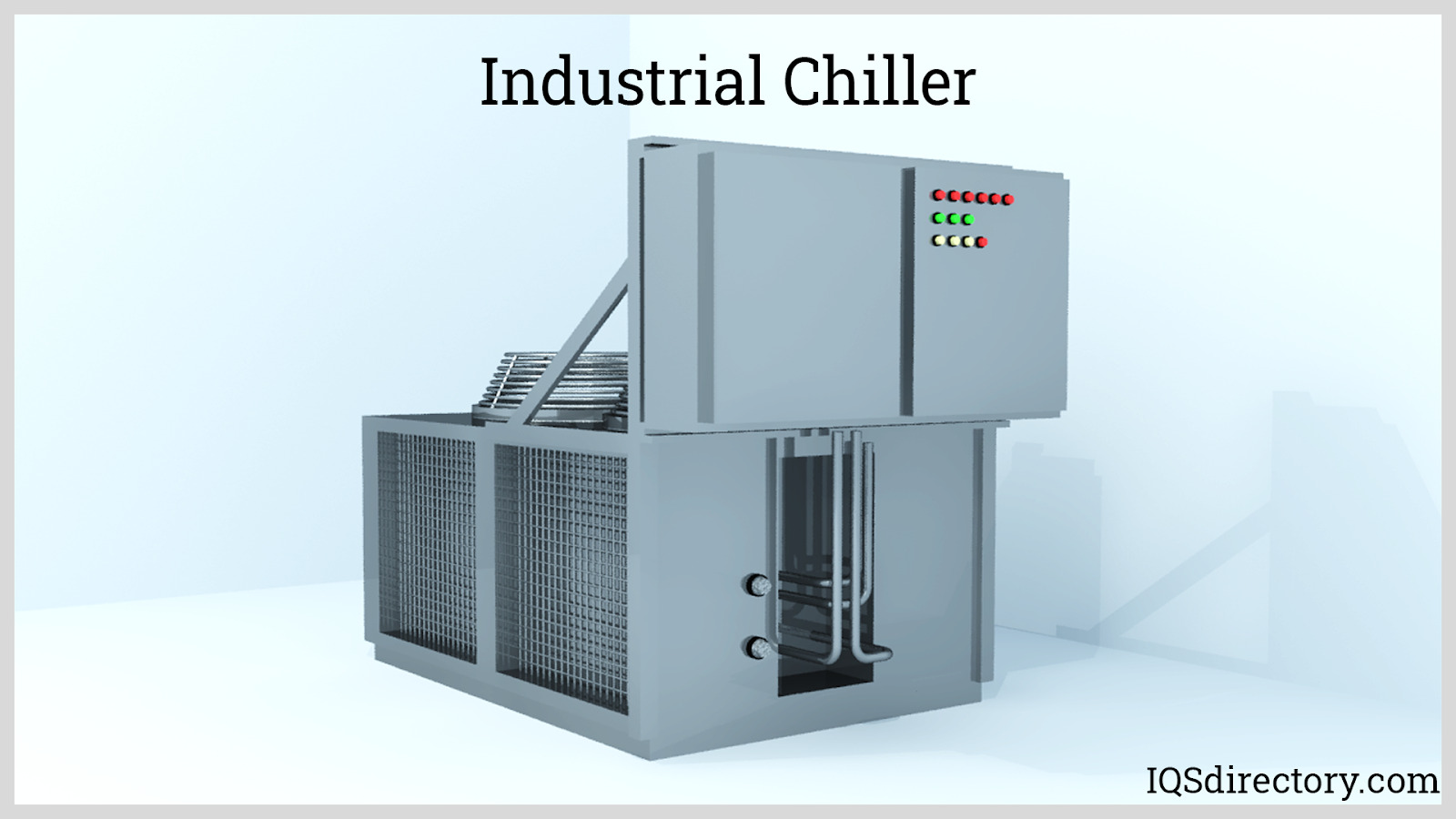
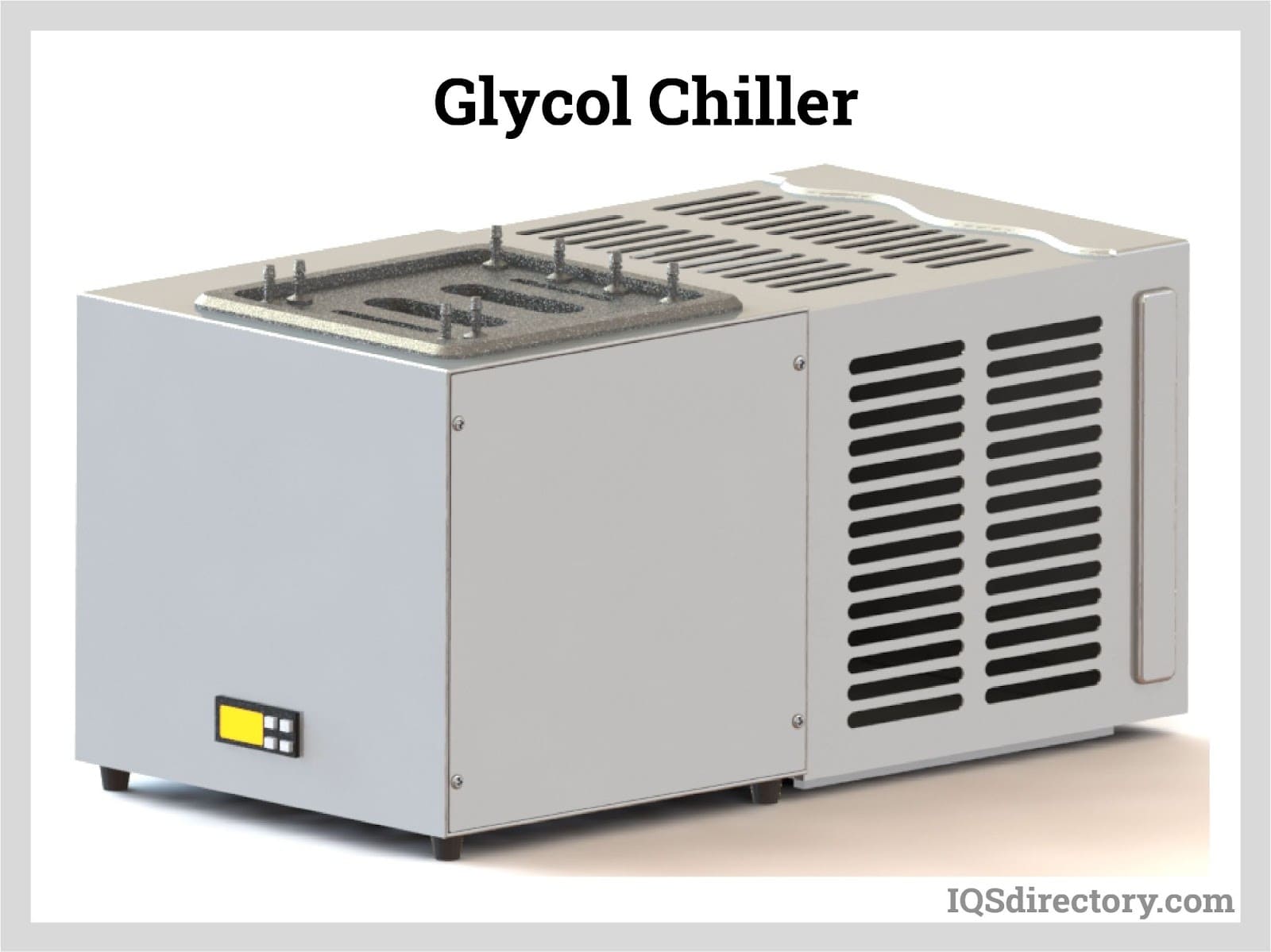
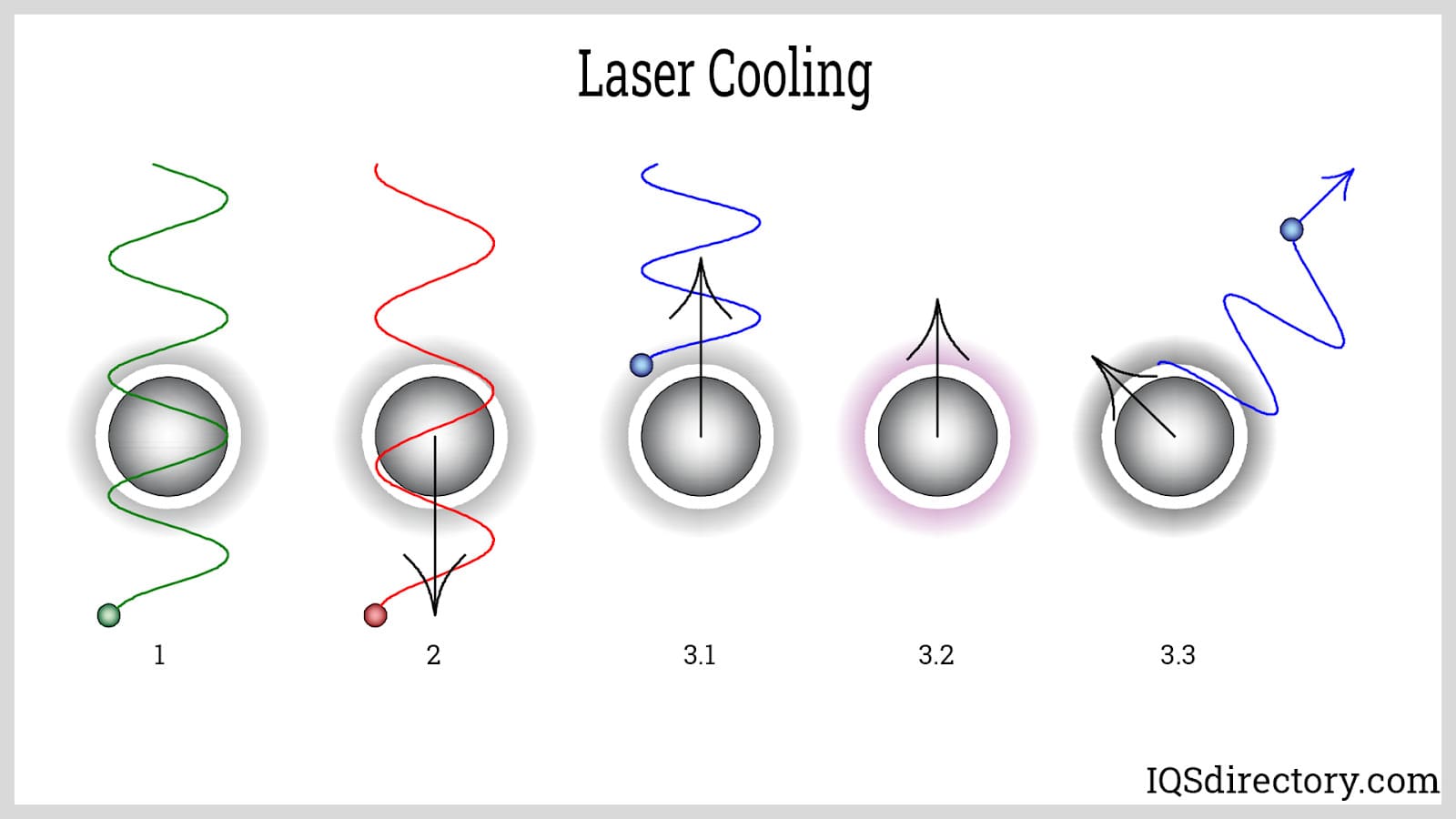
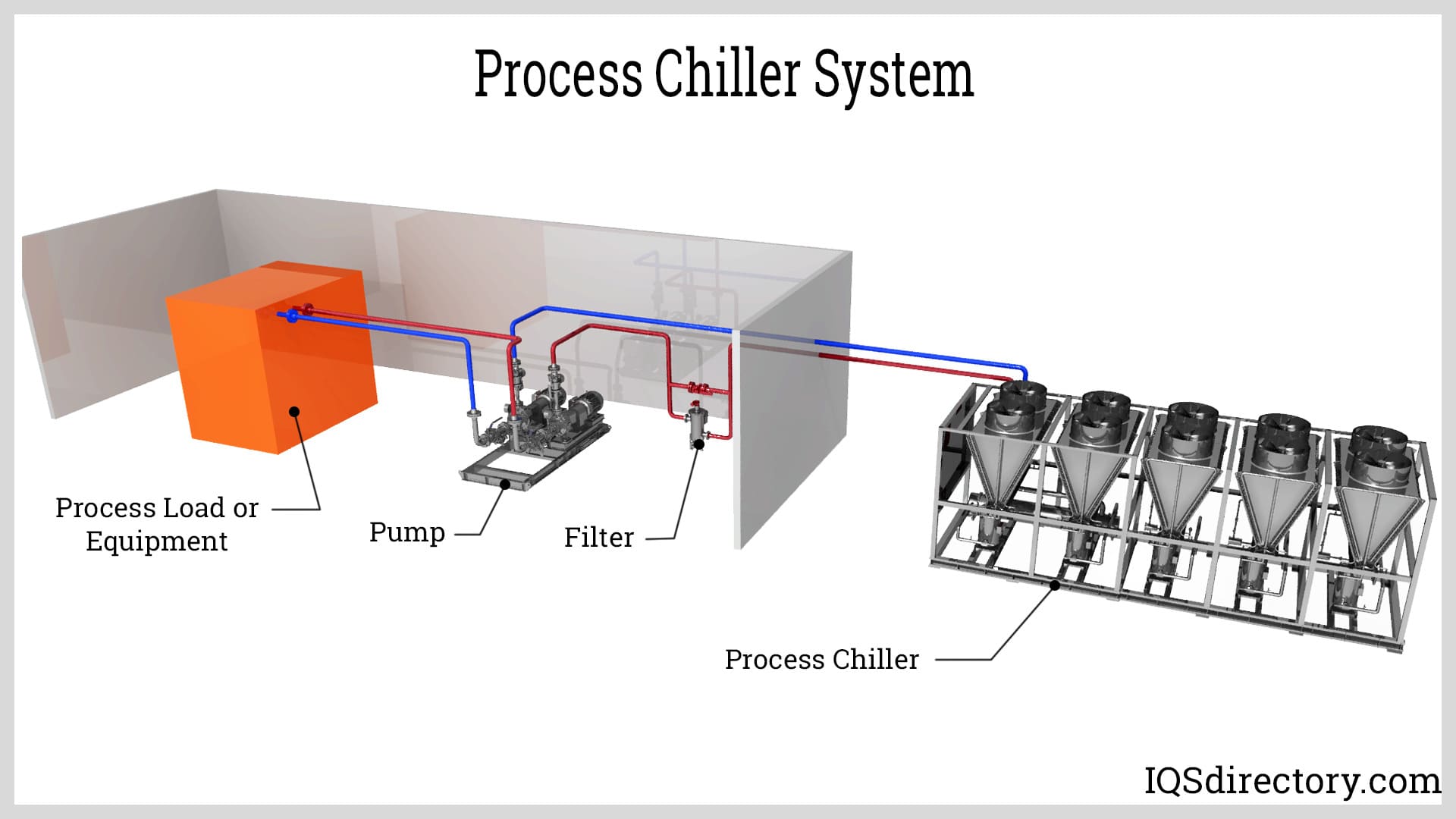
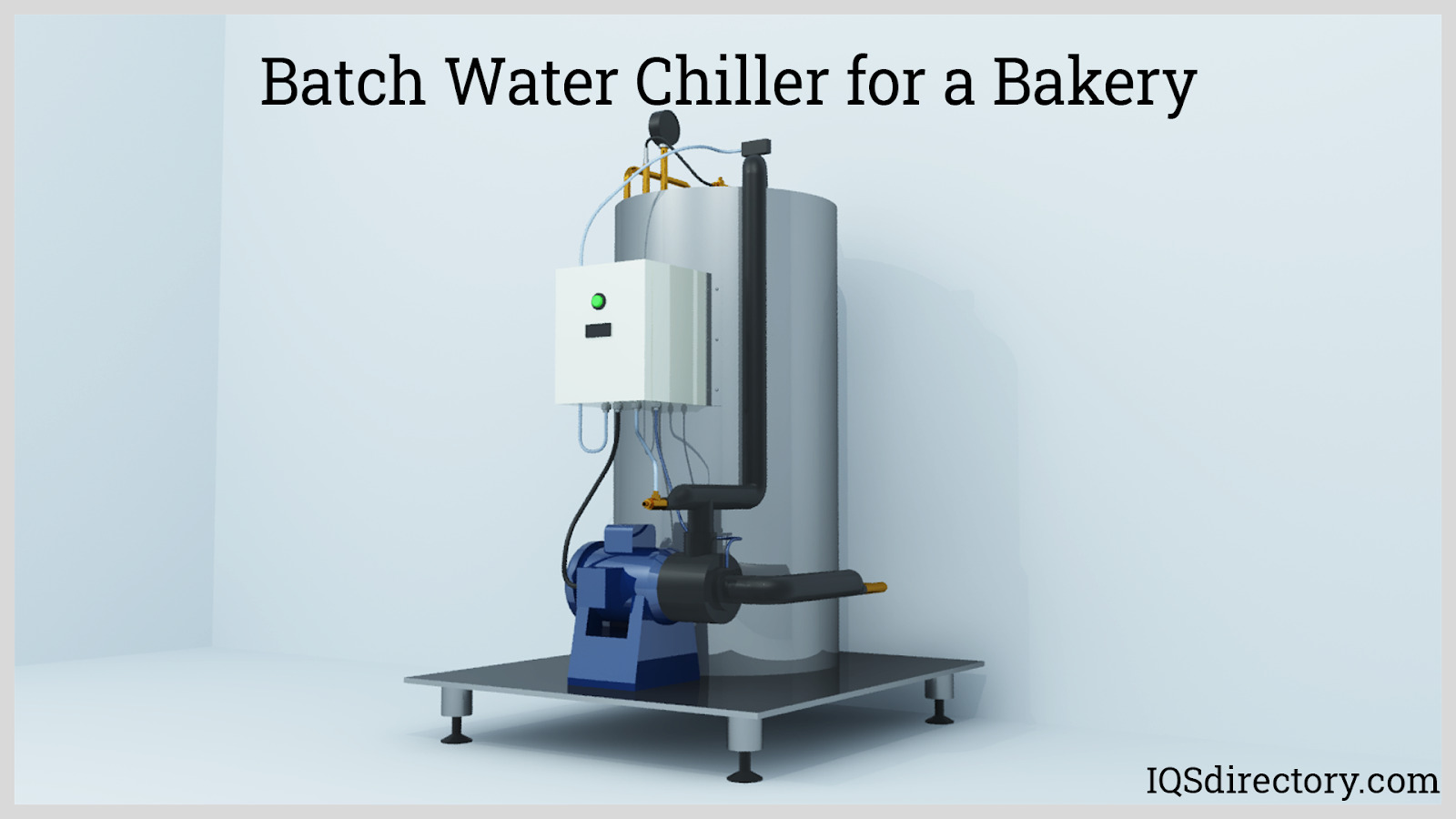
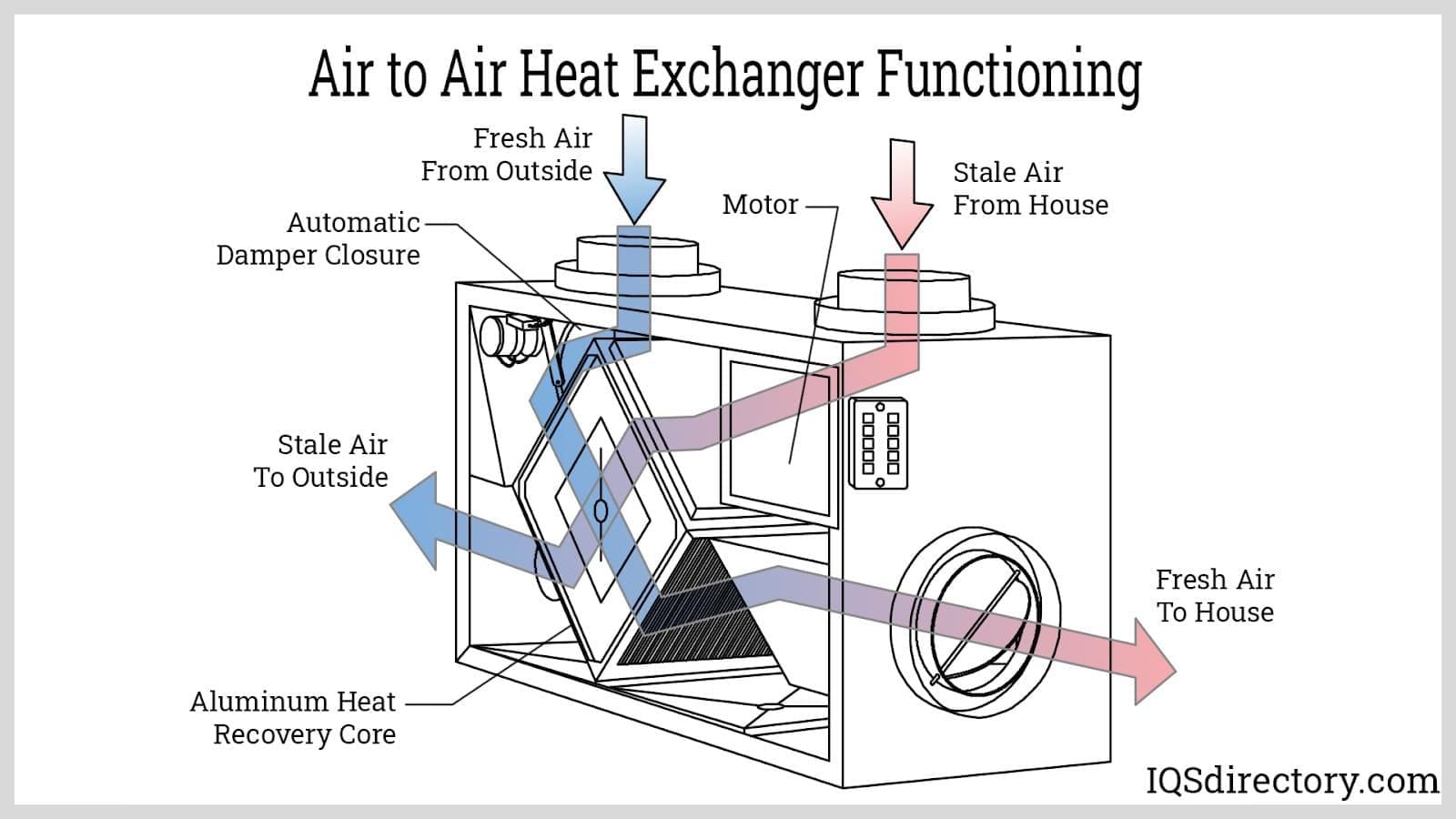
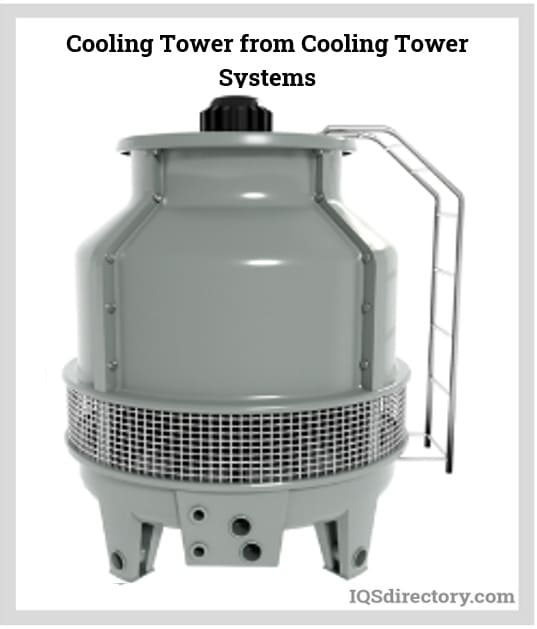
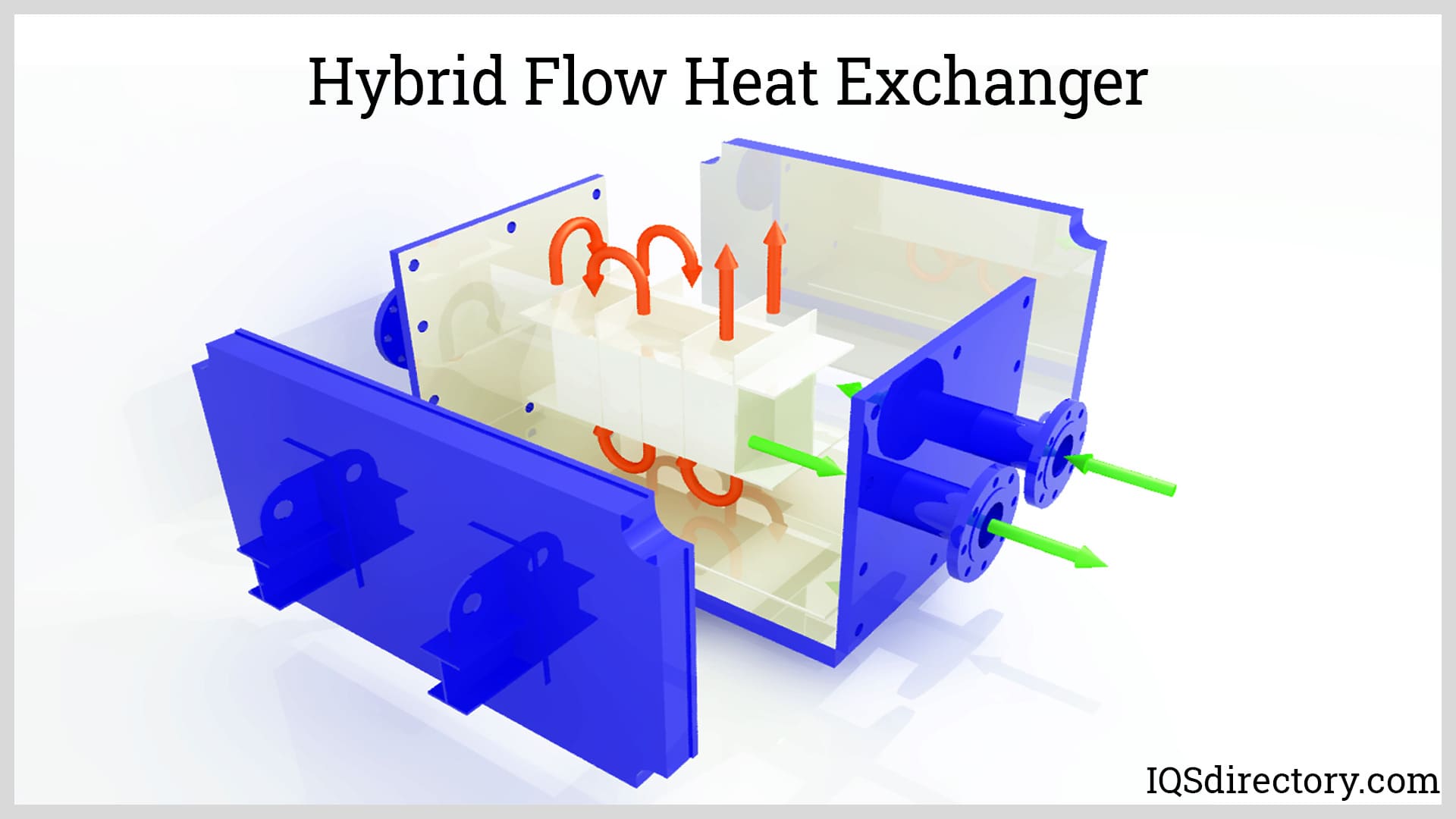
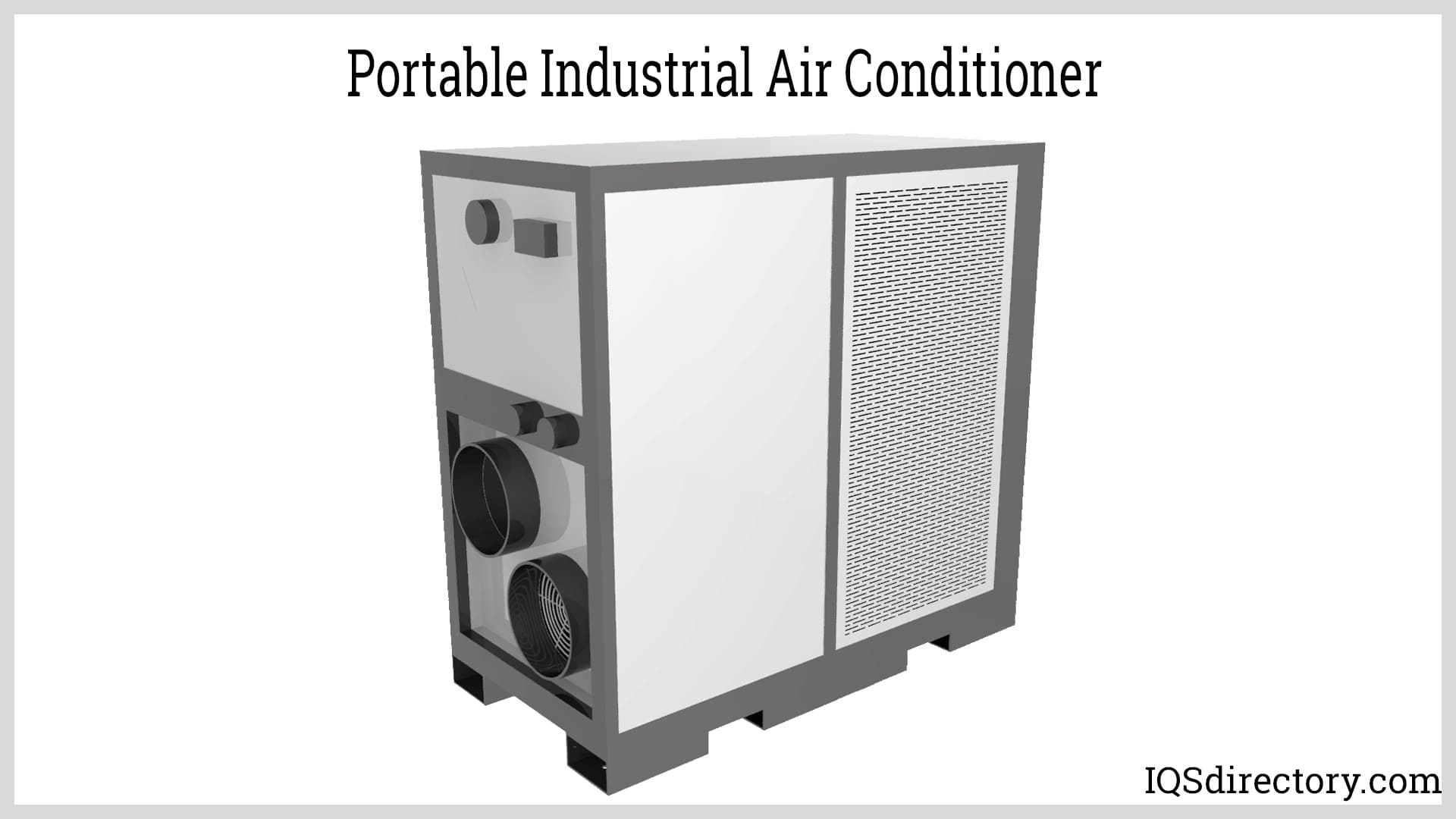
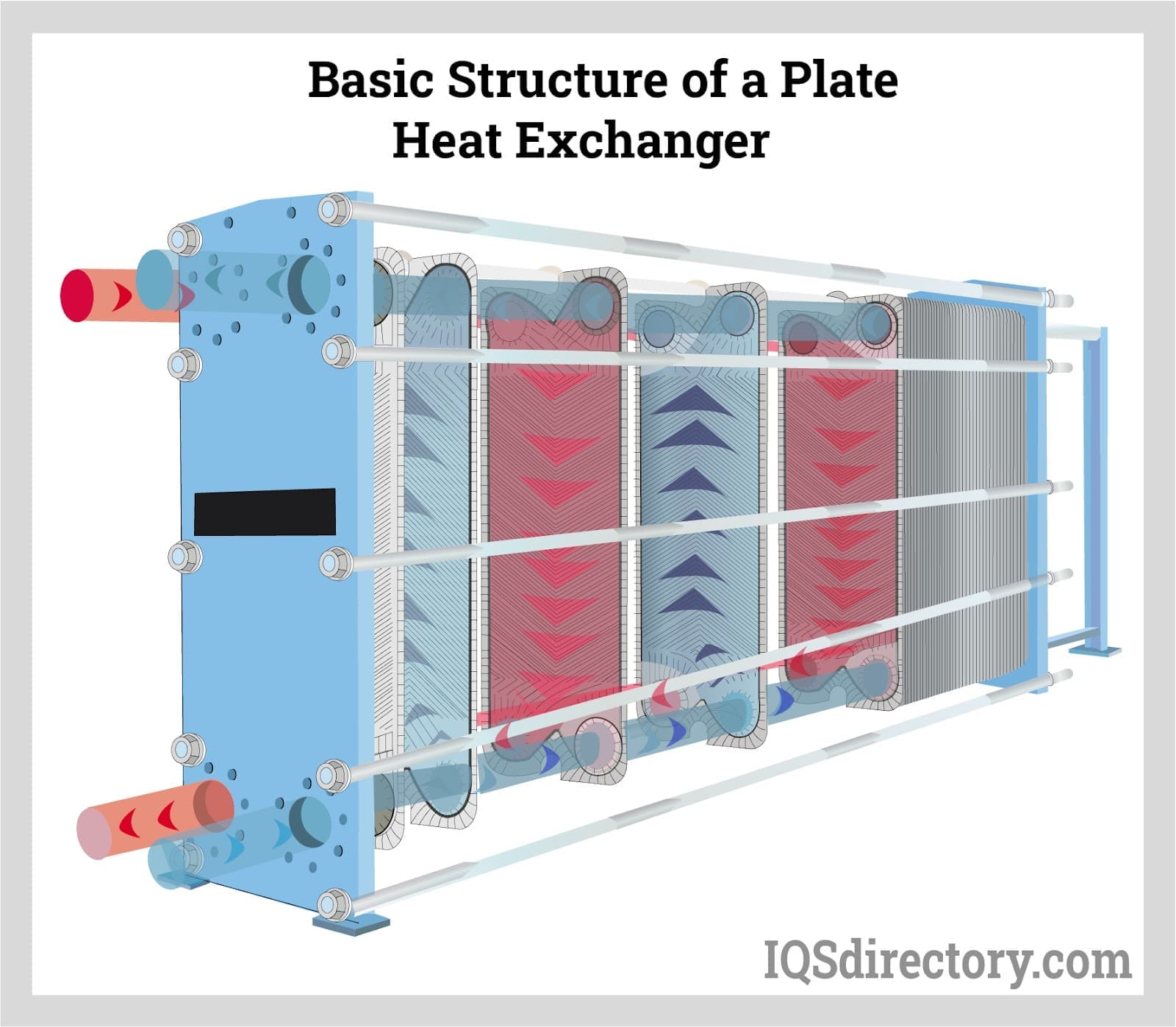
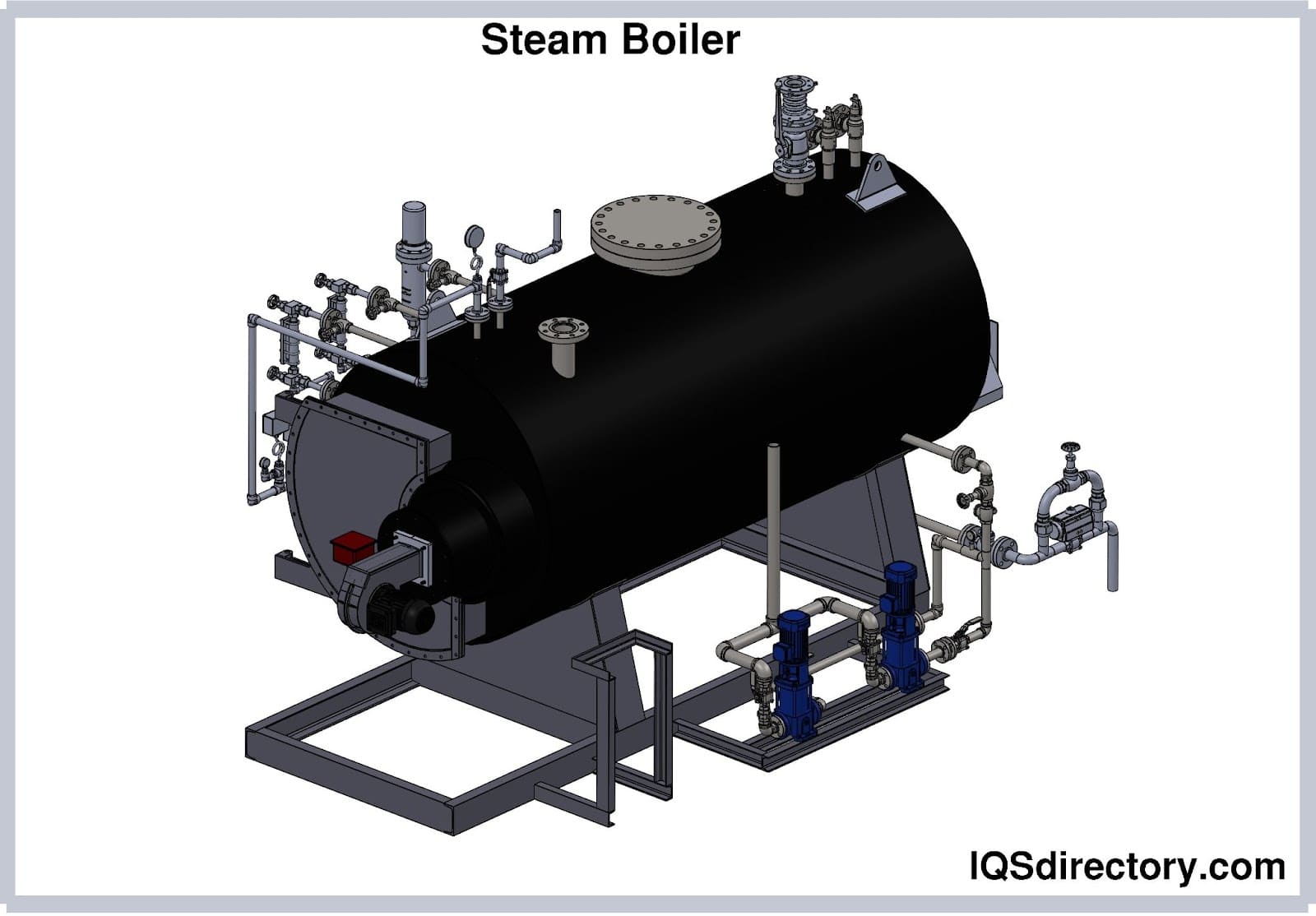
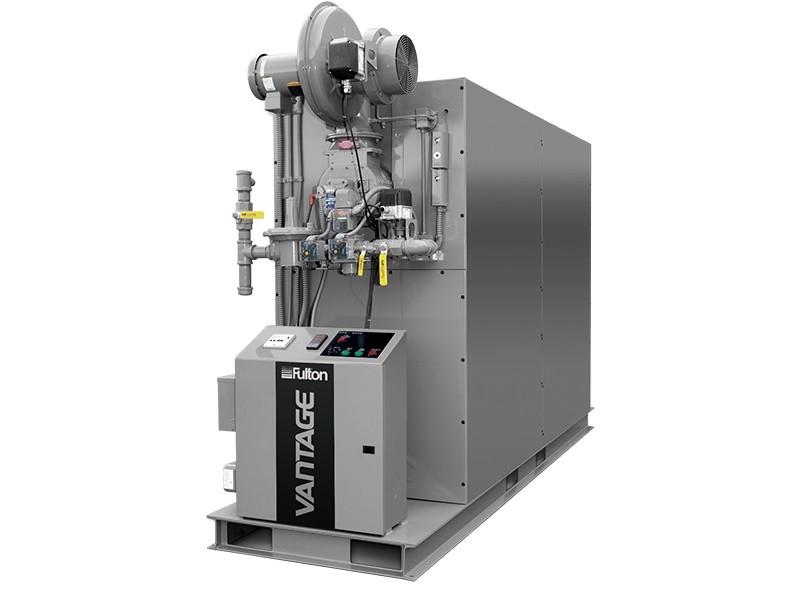 Boilers
Boilers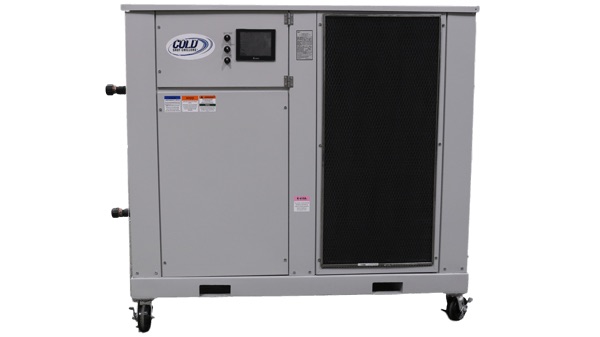 Chillers
Chillers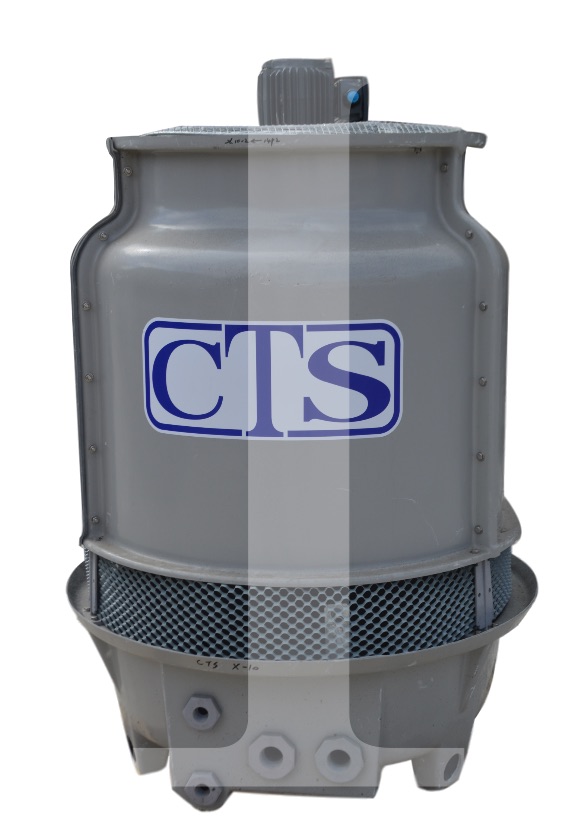 Cooling Towers
Cooling Towers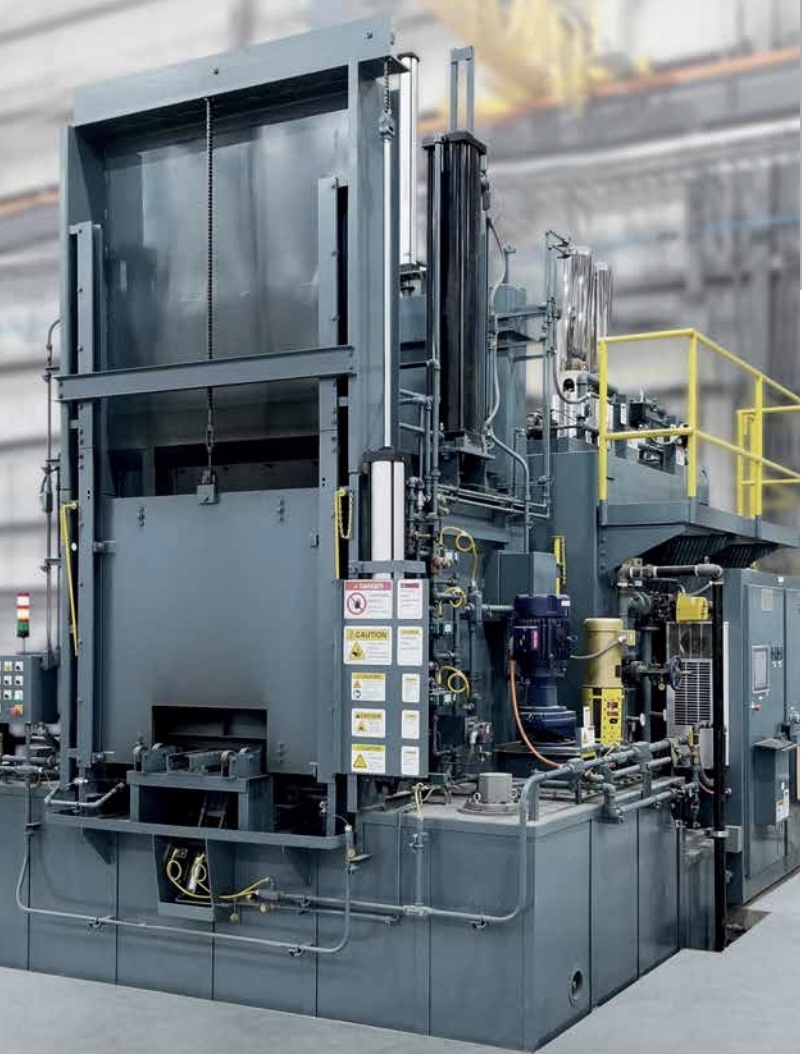 Furnaces
Furnaces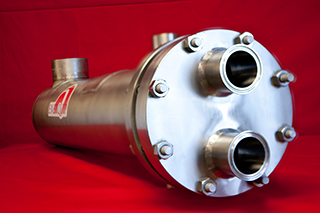 Heat Exchangers
Heat Exchangers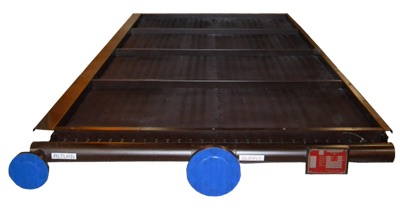 Heat Transfer Equipment
Heat Transfer Equipment Castings & Forgings
Castings & Forgings Bulk Material Handling
Bulk Material Handling Electrical & Electronic Components
Electrical & Electronic Components Flow Instrumentation
Flow Instrumentation Hardware
Hardware Material Handling Equipment
Material Handling Equipment Metal Cutting Services
Metal Cutting Services Metal Forming Services
Metal Forming Services Metal Suppliers
Metal Suppliers Motion Control Products
Motion Control Products Plant & Facility Equipment
Plant & Facility Equipment Plant & Facility Supplies
Plant & Facility Supplies Plastic Molding Processes
Plastic Molding Processes Pumps & Valves
Pumps & Valves Recycling Equipment
Recycling Equipment Rubber Products & Services
Rubber Products & Services